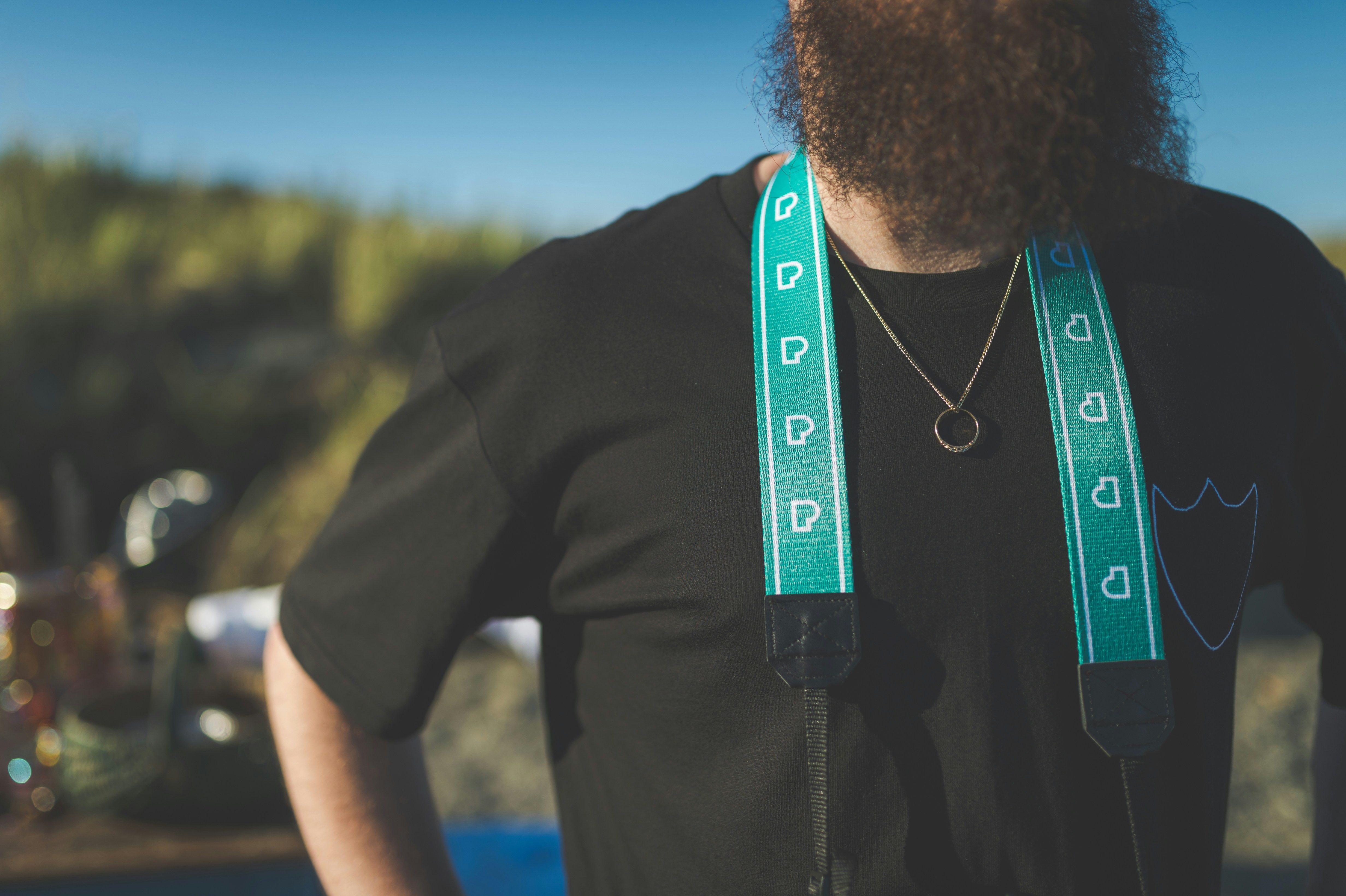Title: Jamie Lee Curtis Takes a Stand Against AI-Generated Deepfakes and Meta
Meta pulls Deepfake AI ad following Jamie Lee Curtis' criticism towards Mark Zuckerberg
Primer:Actor Jamie Lee Curtis took a bold step in the digital age, publicly accusing Meta CEO Mark Zuckerberg of allowing an AI-generated advertisement using her likeness without her approval. This event sheds light on the growing concern around the use of deepfakes, especially with regard to public figures' rights and privacy.
Scene:Actor Jamie Lee Curtis, an Academy Award winner known for her roles in "Halloween" and "Everything Everywhere All at Once," called out Meta CEO Mark Zuckerberg on Instagram after discovering her likeness had been misused in an AI-generated advertisement without her consent.
"Look at this @zuck," she wrote, tagging Zuckerberg directly. "My interviews are not your playground for AI manipulation. Respect my image, respect me" she added.
The ad, which Curtis did not specify, manipulated past footage from an MSNBC interview, presenting her as endorsing a product she never endorsed. This led to a misrepresentation of her values and damaged her reputation for honesty and integrity.
By late afternoon, the ad was removed. "IT'S OVER! SWEET INTERNET VICTORY! SERIOUSLY, SHAME HAS ITS PRICE," Curtis posted on Instagram, thanking her supporters for their backing.
Meta has not publicly acknowledged the removal, but confirmed to media outlets that the ad had been taken down.
Deepfake Conundrums
Curtis' public confrontation comes as the use of generative AI to replicate individuals' identities without consent, and often without legal accountability, becomes a growing concern.
In February, an Israeli AI artist, Ori Bejerano, released a video using unauthorized AI-generated versions of Scarlett Johansson, Woody Allen, and Sam Altman, OpenAI CEO. The video, a response to Kanye West's Super Bowl ad, depicted the fake celebrities wearing parody t-shirts, rebutting West's imagery.
"I have no tolerance for antisemitism or hate speech," Johansson said, clarifying her stance on the video, "but I also firmly believe that the potential for hate speech multiplied by AI is a far greater threat than any one person who takes accountability for it."
Earlier, even the wildfires referenced in Curtis' original interview became a target for AI-powered disinformation. Fabricated images showing Hollywood Sign engulfed in flames and scenes of mass looting circulated widely on social media, prompting officials and fact-checkers to clarify that these images were completely false.
Generally Intelligent Newsletter
Insights:- The rapid evolution of regulations and legal implications surrounding deepfakes is a pressing concern as unauthorized use of public figures' likenesses poses risks to their reputation, privacy, and potential legal action.- The federal government is moving towards comprehensive legislation, such as the NO FAKES Act and the Take It Down Act, to protect individuals from identity misuse, reputational harm, and malicious misinformation.- States are implementing election-specific deepfake laws to prevent misleading voters by disseminating manipulated videos or audio.- Online platforms are expected to adhere to takedown procedures to avoid liability under these proposed laws.- The legal landscape is in flux, but it increasingly recognizes deepfakes as a distinct category of digital impersonation with serious legal consequences.- The use of deepfakes can lead to civil claims under right of publicity laws, criminal charges for nonconsensual explicit content, and potential conflicts with First Amendment protections.
"Jamie Lee Curtis, an Academy Award winner, has expressed her disapproval towards the unauthorized use of her likeness in AI-generated entertainment, such as deepfakes, raising concerns about celebrities' rights and privacy."
"As the debate on deepfakes continues, with incidents like the AI-generated video by Israeli AI artist Ori Bejerano involving Scarlett Johansson and others, it underscores the need for comprehensive legislation to protect public figures from identity misuse and reputational harm."








